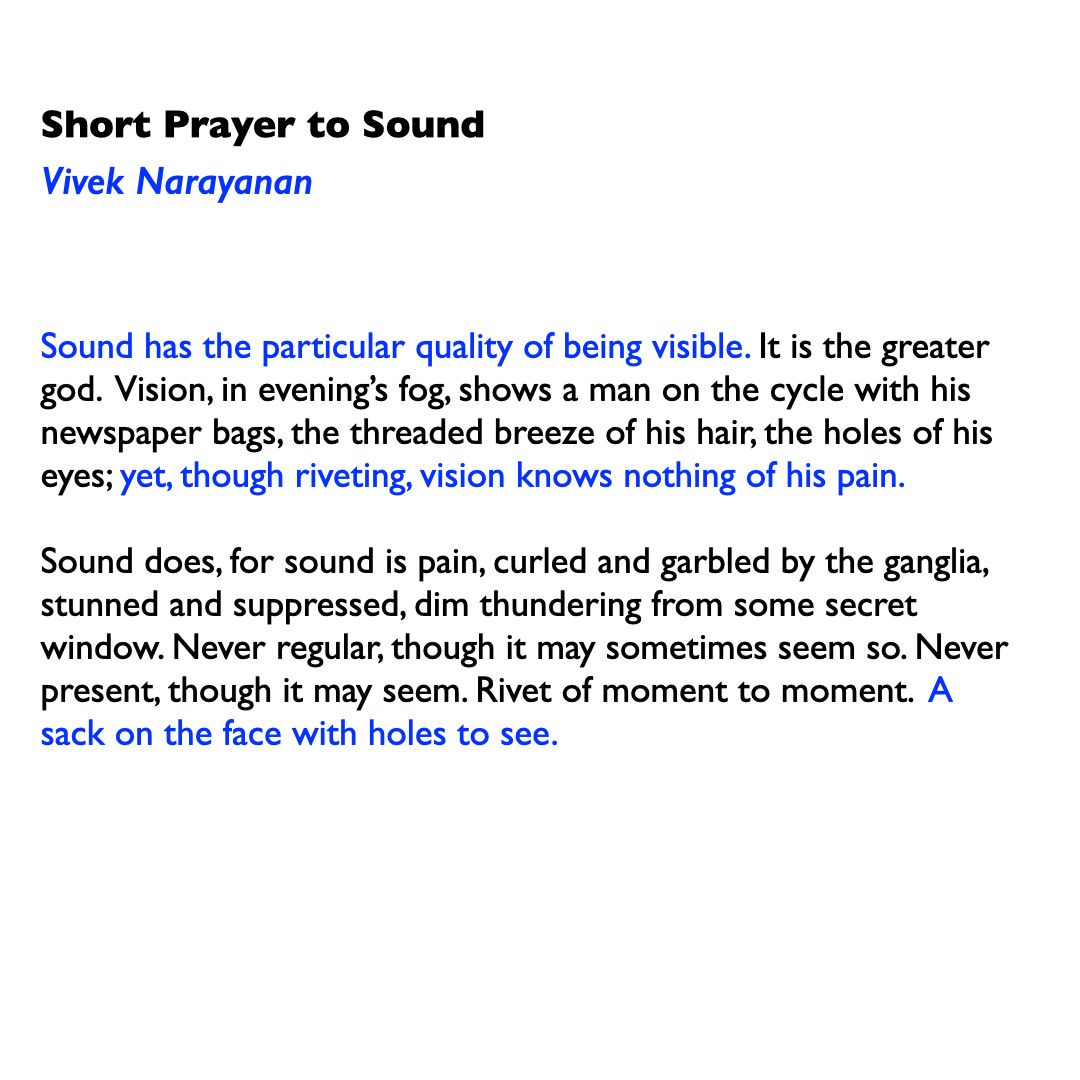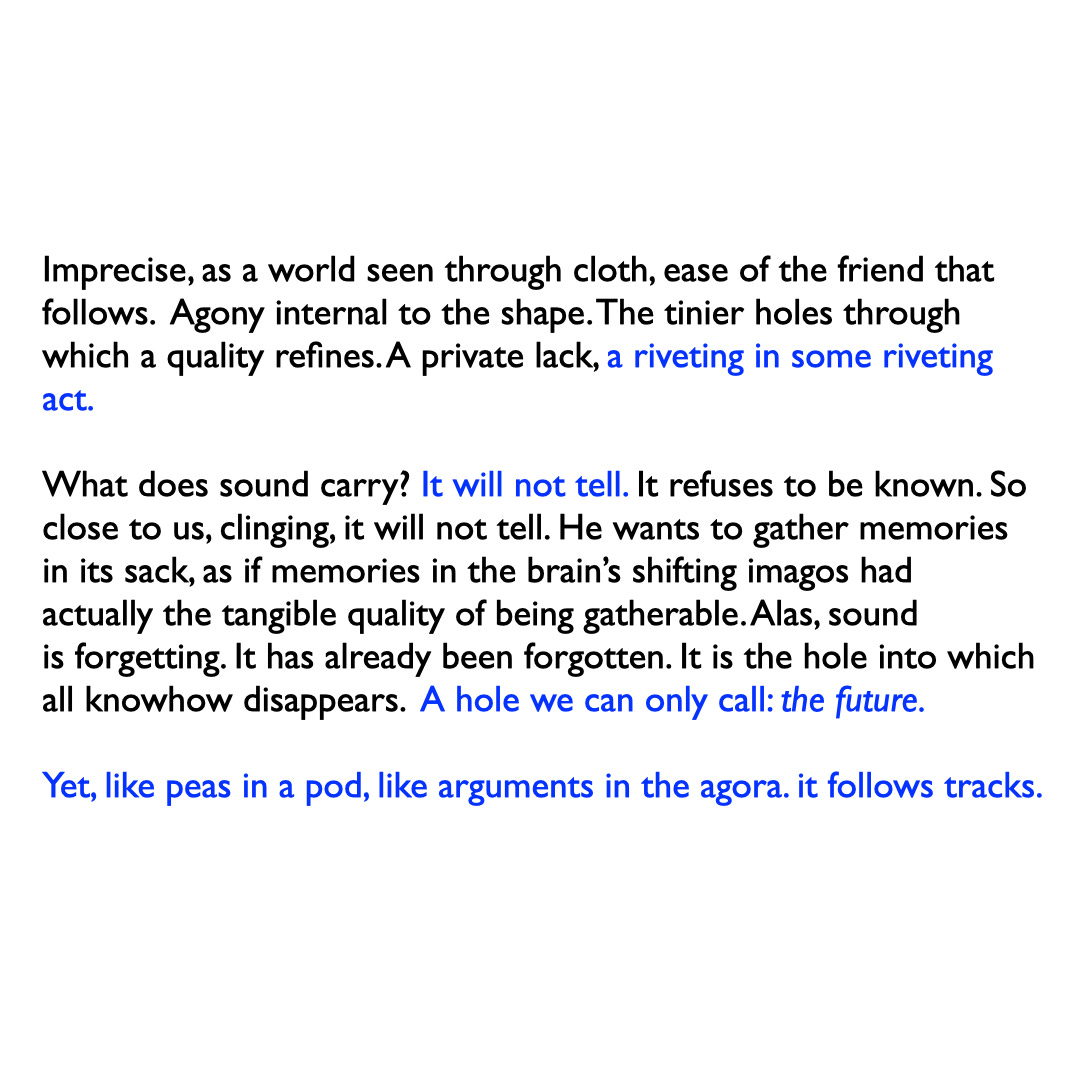By the time Beethoven’s 9th symphony premiered in Vienna in the summer of 1824, he had completely lost his hearing. There are several stories about that performance - about how Beethoven was conducting from the gallery. He apparently slipped into a tempo of his own making, completely different from the actual timing of the music being played. The violinist Joseph Bohm relates what transpired:
“(He) threw himself back and forth like a madman. At one moment he stretched to his full height, at the next he crouched down to the floor, he flailed about with his hands and feet as though he wanted to play all the instruments and sing all the chorus parts…”
The orchestra, however, followed the baton of the conductor Luis Duport.
When the concert was over, Beethoven was still conducting, and he had to be turned around to face the audience who apparently gave him five standing ovations. There were handkerchiefs and hats thrown into the air, and hands raised high up gesturing to heaven - the audience wanted Beethoven to see their ecstasy, even though they could not make him hear them. Whenever I reach the end of a recording of the concert, I close my eyes and this vision of a torrent of uninhibited emotion envelopes me. What I begin to comprehend is the the truly miraculous experience of something new, something never felt before, being introduced into the world.
As a student of dhrupad, music has always been a synesthetic experience for me. The poem I’m sharing with you today (the first poem I read this year) is Vivek Narayanan’s Short Prayer to Sound. I felt every turn of phrase that slowly winds and then suddenly unwinds in this poem. It skims lightly on shifting terrains of metaphor- a sensorium always at the fringes of what it is trying to observe, to name. The discovery of sound is in the careful, delicate carving out of a world it could be a part of, a world that is doused in myth, and the abstraction of time. Always a visitor, the speaker never uncovers the real mystery of what he is hearing, but in that awareness there is silence, essence.
Notice the use of repetition and changing affects (‘rivet’), also the way he describes “more and more” about “less and less”. Narayanan’s sentences exude cadence as they spin in slow revolutions around the reader and the performative space.
This poem is part of a brilliant anthology of poetry - Life and Times of Mr.S.
From the last pages of the book:
“…the poems morph into dazzling narrative forms that expand and challenge all traditional definitions of a living language…”
Subscribe to Poetly if you are reading this not in your inbox
Give a loved one the gift of poetry




